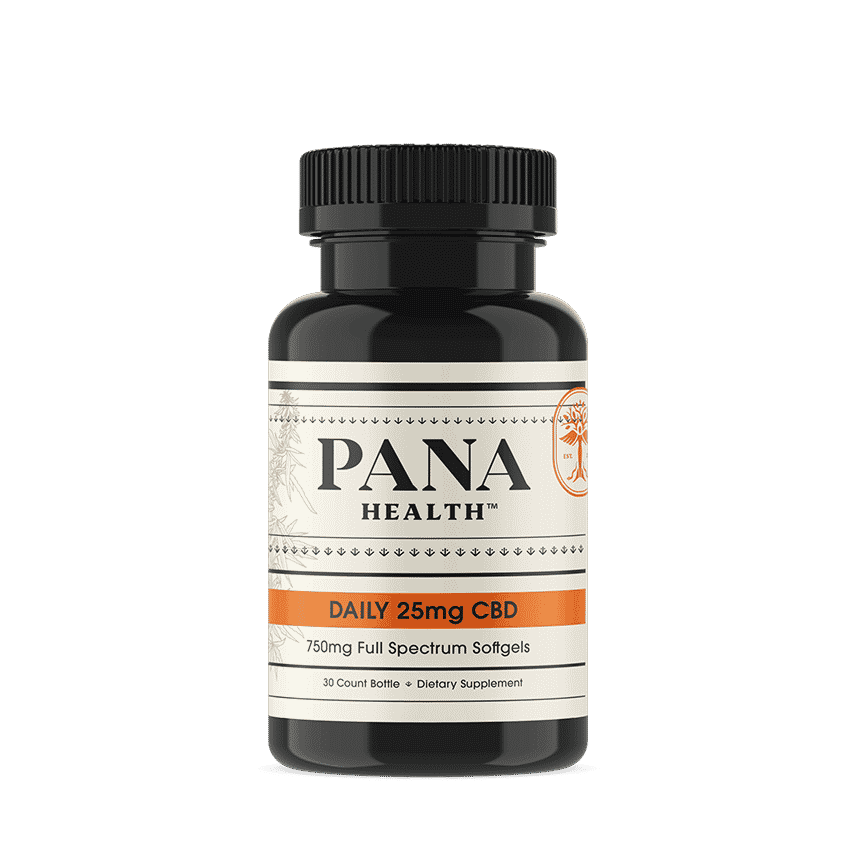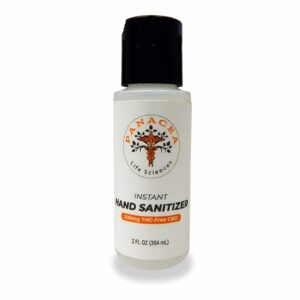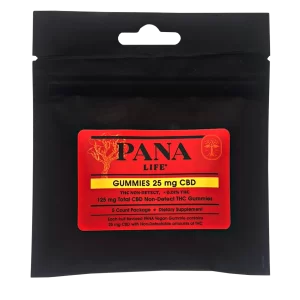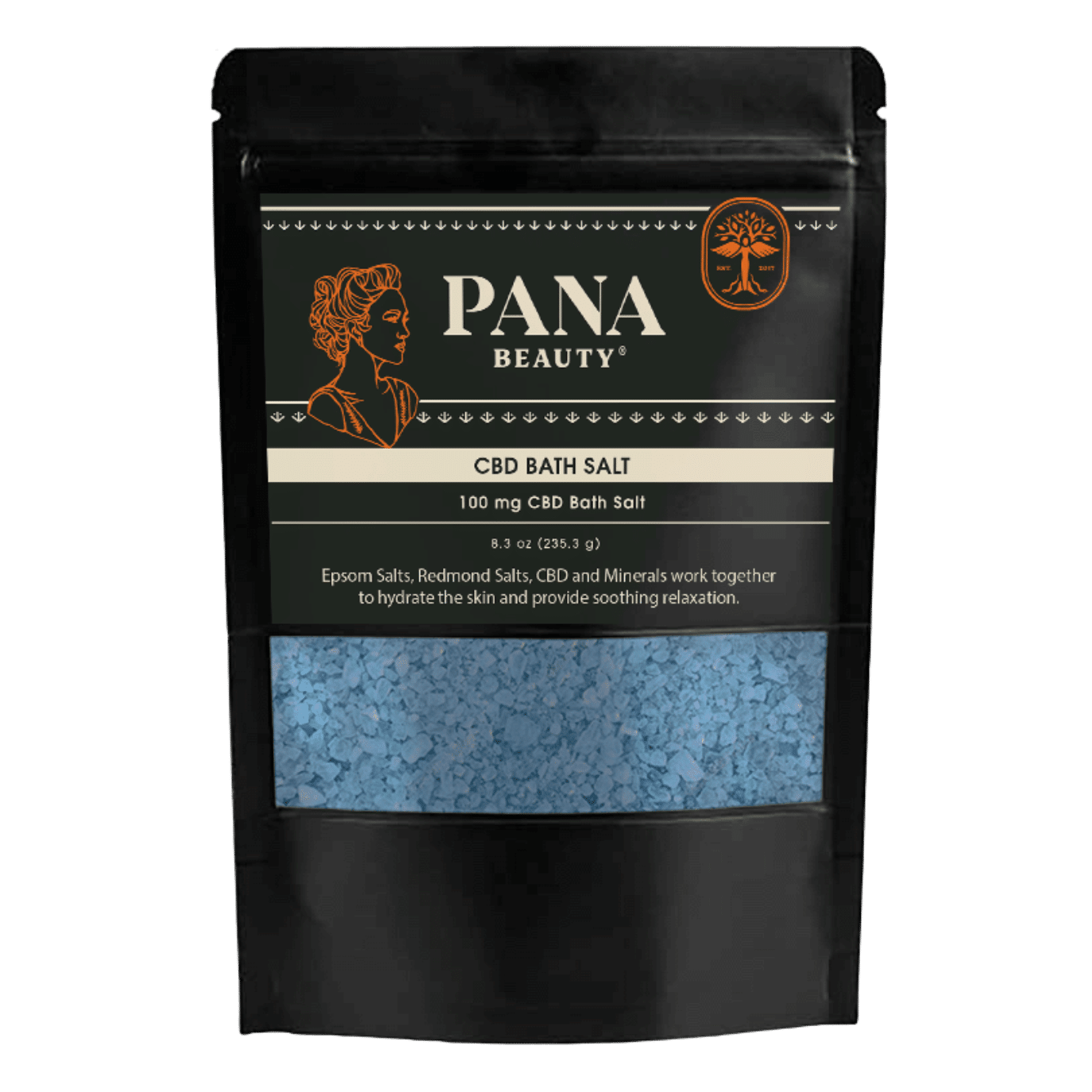Cannabidiol (CBD) oil and other safe CBD products have become noticeably known with customers seeking an alternative remedy for a variety of health problems.
Cannabis plants contain a group of compounds known as cannabinoids. While there are more than 100 cannabinoids, tetrahydrocannabinol (THC) and safe CBD are the two most studied cannabinoids. THC is a psychoactive compound, responsible for much of the psychological effects and the high people frequently equate with marijuana use. CBD is equally not psychoactive. Although THC does have psychoactive effects, CBD does not give rise to the high or euphoric feelings and other such effects associated with marijuana.
Scientists are researching CBD as a treatment for a wide range of conditions, but the evidence supporting the benefits is still in the preliminary stages of research. The Food and Drug Administration (FDA) has approved only one drug that contains safe CBD at this time, Epidiolex. The FDA also states that marketing CBD as a dietary supplement or food additive is illegal. Keep on reading to understand more about the CBD, its benefits and side effects.

What Might CBD Oil Do?
CBD oil works on your endocannabinoid system: a network of receptors that interact with specific cannabinoids to maintain essential functions in your body, including sleep, appetite, pain, and immune response. There are two key receptors involved when thinking about safe CBD oil: CB1 and CB2.
CB1 receptors are concentrated in the nervous system and the brain, in those parts of the brain that are responsible for mental and physiological functions such as memory, perception, emotion, and motor coordination. CB2 receptors are both located in the central nervous and immune systems.
The key psychoactive compound in marijuana is THC, which gives the sensation of being ‘high.’ THC and CBD have similar chemical structures, but they interact in different ways with CB1 and CB2 receptors, differentiating the impact they both have on the body.
THC and CBD both interact with CB2 receptors which is expressed on cells in the immune system. THC binds strongly to the CB1 receptor where CBD does not really interact with the CB1 receptor. Once the connection is created between THC and CB1 receptors, the reaction produces signals that are transmitted to the brain, contributing to the effect of ‘getting high.’ Evidence indicates that CBD does not bind with CB1 receptors, so once people take CBD for many reasons it does not cause high.
Advantages of CBD Oil
May Ease Anxious Feelings
Laboratory studies have shown that the use of CBD oil may be effective in reducing feelings of anxiousness—and may help regulate learned fear, minimize ingrained fear and anxiety, and dampen its voice—suggesting it may be a helpful remedy for sufferers.
“Reductions in anxiety tend to be mediated by CBD interaction with 5HT1-A receptors compared to CB1 or CB2 receptors, and not based on benzodiazepine receptors used by medications such as diazepam,” the study linked above states said.
May Relieve Chronic Discomfort
A 2018 study reviewed 47 trials on the use of cannabis and cannabinoids for chronic pain other than cancer and involving 4,743 individuals. The study found modest evidence that cannabinoids when compared with placebo groups, reduce pain. Adverse side effects in people who were taking cannabinoids were more common than placebo.
A study of observational findings in the Central Nervous System Disease Journal work supports the use of nabiximols (Sativex) it is an oral spray consisting of safe CBD and THC, in conjunction with other multiple sclerosis-related pain therapies. Sativex has been approved by several countries.
Recent work into cannabinoids and their role in pain control is sponsored by the National Center for Complementary and Integrative Health (NCCIH).
May Contain Neuroprotective Properties
CBD oil may provide benefits for those with neurological disorders, thanks to its interaction with the endocannabinoid system – particularly some forms of epilepsy and multiple sclerosis. In the central nervous system, safe CBD has been shown to have a calming effect, mediated by interaction with the CB 1 and 2 receptors, among others.
May Help Heart Health
CBD may reduce the cardiovascular response to stress by affecting the survival and migration of white blood cells, and platelet aggregation—and each of it is associated with stress.
A double-blind, randomized cross-over study performed in nine healthy male volunteers showed that acute CBD administration decreases resting blood pressure and raises blood pressure to human stress associated with elevated heart rate.
May Help in Workout
Safe CBD oil may play a role in raising the build-up of glutamate during stressful activities. CBD does this by binding to receptors CB1 and CB2 and preventing the release of different neurotransmitters. It affects the nervous system and helps you to better deal with pain and inflammation. As a result, CBD may help with short-term pain or long-term throwing injuries with throbbing pain.
Side Effects
Epidiolex, has been approved by the FDA for two rare types of epilepsy, and there is also little data about how CBD affects the body.
It was found that the use of CBD during the evaluation and approval process for Epidiolex has potential side effects, (in concentrations greater than 10 mg/kg, or for the average American weighing 150 pounds, this is approximately 750 mg per day)including:
- Causing diarrhea
- Liver pain
- Increased risk of drowsiness when taken with medicines to treat stress, insomnia, anxiety, and panic.
- Low appetite
- Changing alertness
Also, many aspects of using CBD remain unanswered, such as:
- Does CBD consumption method affect its benefits?
- What dosage of safe CBD triggers known risks?
- What happens with the sustained use of CBD?
- Consuming safe CBD has an impact on the brain development?
- CBD affects fertility in some animals – does the same happen in humans?
- Does CBD have any effects on fetus and breastfed babies?
Safe CBD products are commonly available and commercialized as cosmetics, animal medications, food, dietary supplements, and animal health products. Unlike drug products approved by the FDA, the unapproved drugs were not tested by the FDA to decide if they are successful in treating the disease they claim to be treating.
False statements can cause people to refrain from taking their traditional medication or put off seeking medical attention from a health professional. A person should always discuss with their healthcare provider the best way to treat illnesses or conditions. People can also ask questions about the quality of such CBD products. Some of the unapproved products reviewed by the FDA did not contain the CBD levels provided by the producers claimed. Others may have unsafe contaminants.
Healthcare professionals also consider using only goods which have been tested for potency and pollutants by a third party, such as pesticides. Because CBD is fairly new, many of the products available may not be what they claim to be or may not have undergone quality assurance tests. Many websites of CBD companies will have an Authenticity Certificate. We recommend avoiding those that don’t.
Where to Buy CBD?
If you are looking for the original and best quality CBD product, there are several platforms you can entirely rely on. They offer CO2 extracted, 100% natural, and non-GMO CBD products to every client—all you have to do is look for the right manufacturer.














